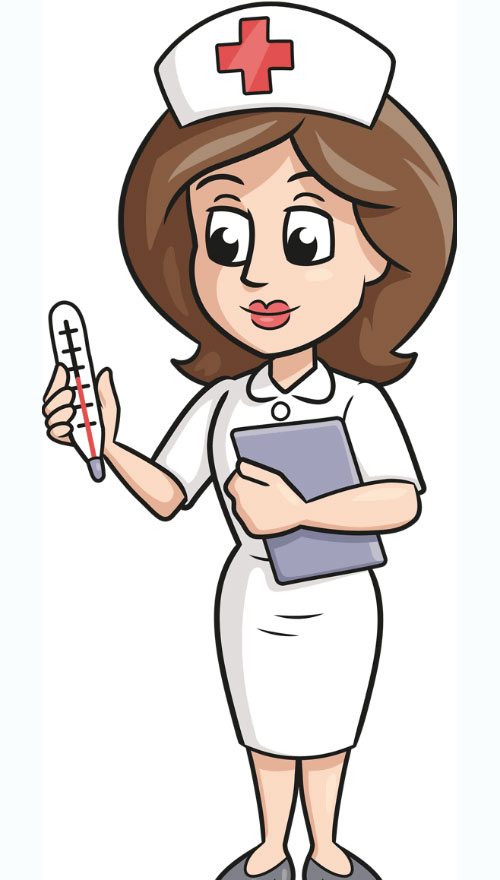- urcare.urranhealthcare@gmail.com
- +919836651175
 79/3/1, Purba Sinthee Road, Dumdum, Kolkata 700030
79/3/1, Purba Sinthee Road, Dumdum, Kolkata 700030
Nursing Attendants (24*7)
- Personal Care: Nursing attendants assist with personal care tasks, including bathing, dressing, grooming, and toileting. They ensure that patients are comfortable and maintain their personal hygiene.
- Mobility Assistance: Patients who have difficulty moving or are bedridden may require assistance with mobility. Nursing attendants help with transferring patients from beds to chairs, assisting with walking, and positioning them for comfort.
- Meal Assistance: Nursing attendants may help patients, for feeding, and ensuring that dietary restrictions and preferences are followed.
- Monitoring Vital Signs: While nursing attendants do not typically perform medical tasks, they may assist in monitoring and reporting basic vital signs, such as temperature, pulse, and respiration, under the supervision of registered nurses or other healthcare professionals.
- Companionship: Providing emotional support and companionship is an essential aspect of nursing attendant services. This can be particularly important for patients who may be isolated or feeling vulnerable.
- Maintaining a Safe Environment: Nursing attendants help ensure a safe and clean environment for patients. This includes keeping living spaces tidy, assisting with light housekeeping, and identifying and reporting potential hazards.
- Communication: Nursing attendants communicate regularly with patients, their families, and other members of the healthcare team. Clear communication helps in understanding patient needs and providing updates on their well-being.
- Assisting with Activities: Depending on the patient's condition, nursing attendants may assist with therapeutic activities, exercises, or recreational activities to promote overall well being under guidance the physiotherapist.

